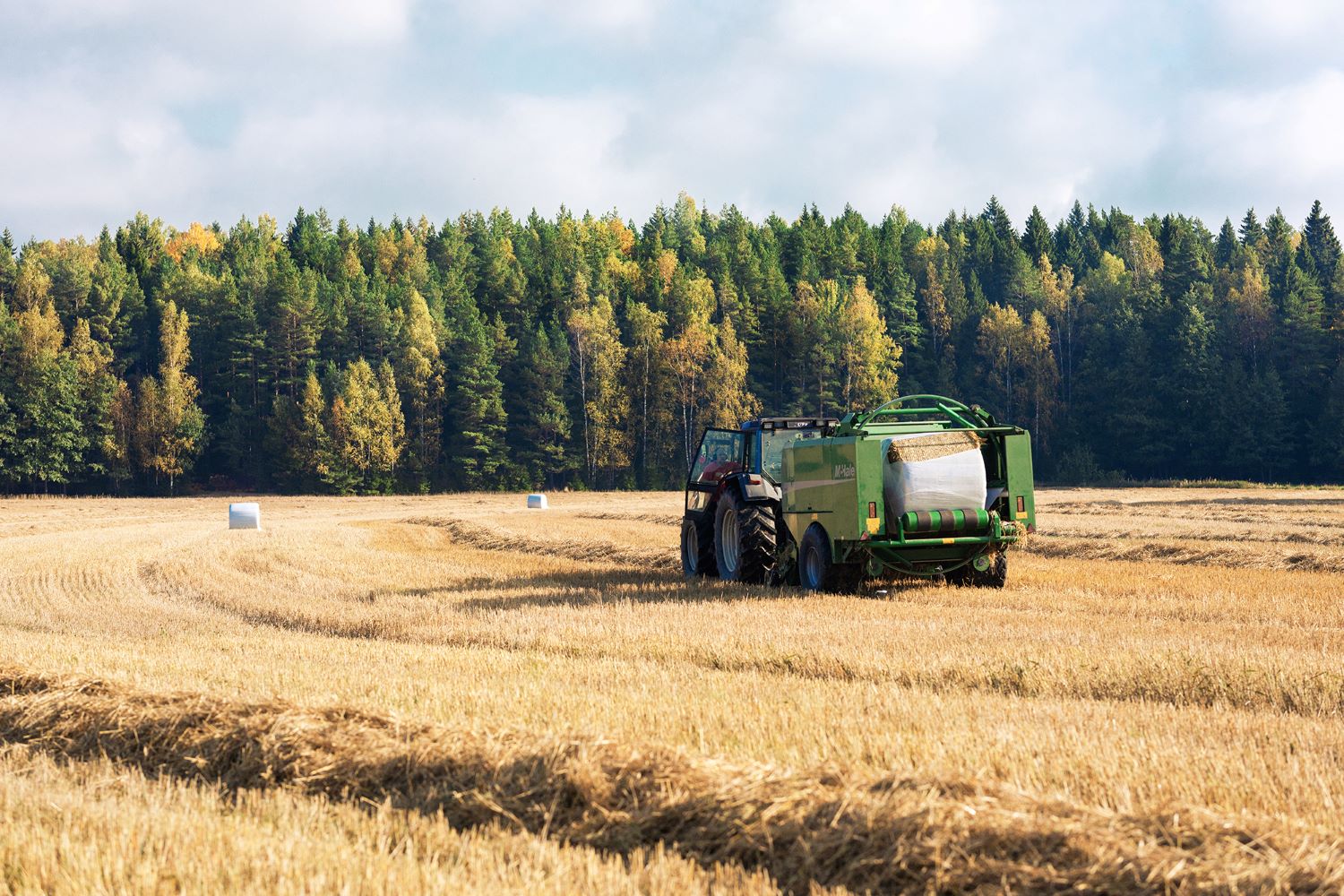Increasing organic production is one of the strategic objectives of the Finnish agricultural policy. Despite the positive developments observed during the last decade, reaching the objectives set by the Finnish government remains challenging. We still know very little about the relative performance of organic farming in Finland.
The contributions of this study are twofold. Firstly, this study provides new empirical evidence on productive performance of organic crop farming in Finland and explains observed gap between average output of organic and conventional farms. Specifically, we use the most recent available farm-level data and analyze the performance of organic crop farms over the period 2010–2017.
Secondly, to estimate the performance gap between the organic and conventional crop farms, we apply one-stage semi-nonparametric regression. This approach alleviates the endogeneity problem of the commonly used two-stage estimation approaches, providing robust estimates without restrictive functional form assumptions.
Organic production catching up with conventional production
Our results reveal a significant performance gap between organic and conventional farming. Looking at the performance gap during the whole study period from 2010 until 2017, we find that organic crop farms produced on average about eleven thousand euros less output than conventional farms using the same amount of inputs.
However, the difference between productive performance of organic and conventional crop farms has been decreasing over the years and a positive trend is revealed in organic production at the end of the study period. Whether this trend is going to continue in the further, it would be interesting to study more recent farm-level data.
We would also argue that the performance gap is highly relevant from the point of view of agricultural policy. If the performance gap is negative, farmers have a strong economic incentive to choose conventional production. Therefore, if the government wants to promote organic production by subsidies, as the Finnish government is currently doing, then the subsidy should be large enough to offset the performance gap; otherwise, it is ineffective.
Original publication: Kuosmanen, N., Yli-Heikkilä, M., Väre, M. and Kuosmanen, T. 2021. Productive performance of organic crop farms in Finland 2010–2017. Organic Agriculture.
This research is part of the ECOMOPPE-project of the Natural Resources Institute Finland
